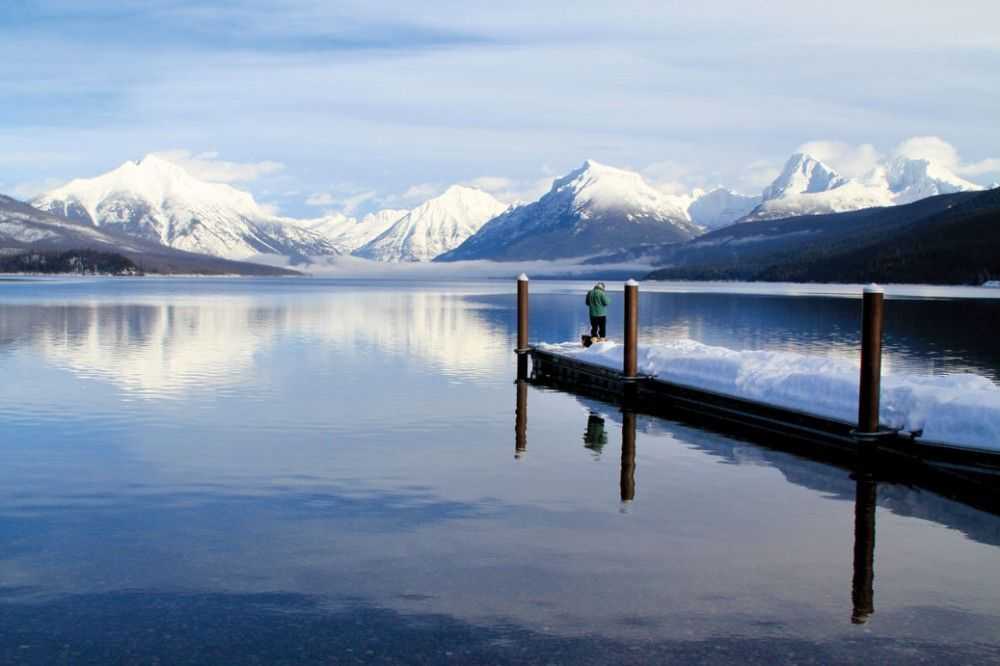It’s wintertime, when the fishing can be fantastic but the risks involved with being on the water increase dramatically. No one expects to get wet when they head out on a cold day, but it happens. This time of year, accidentally going overboard can be fatal even in calm conditions.
Hypothermia is when the body loses heat faster than it can produce it, resulting in the body’s core temperature dropping to 95 degrees or lower. The outward symptoms, such as shivering, pale skin and confusion, are indicators of hypothermia. Advanced stages of this condition can be fatal.
However, the most dangerous part of taking a dive for boaters may occur before hypothermia even has a chance to set in. According to the U.S. Army Corps of Engineers, cold-water immersion causes many fatalities each year. It follows four stages: cold shock, swimming failure, hypothermia and post-rescue collapse. Most cold-water drowning fatalities are attributed to the first two stages.
Swimming to the back of the boat and climbing in may seem simple, but failing this easy task kills people every winter. The initial shock of submergence in cold water causes panic and confusion, followed by heavy breathing that can lead to hyperventilation. Many faint and drown before they even have the chance to calm down. The body also fatigues much more quickly in this state. Know that this initial shock is a physical reaction. It will occur initially no matter how levelheaded you are. The key is to calm down, assess the situation rationally and get out of the water safely.
If you make it back in the boat, hypothermia can still kill you. You’re going to need warm, dry clothes and a blanket or heat source to help your body retain heat and regain its normal temperature. Drying off, getting out of the wind and getting warm are essential. Again, if you’ve got the necessary gear onboard, it seems like an easy task. But the confusion, lack of coordination and poor decision making that accompany hypothermia will make easy tasks difficult.
It can be dangerous, but taking a cold-weather dive is not a death sentence. Knowing the danger and being a little more safety conscious will decrease the odds of putting yourself in a bad situation.
Consider wearing a lifejacket while fishing in cold weather even if you normally don’t. Try to fish with a buddy who will be there to provide a helping hand getting out of the water and getting warm if an accident does happen. And keep the necessary safety items in the vessel where you can get to them. A towel, a change of clothes and an emergency blanket could be the best defense against hypothermia.
Finally, take just a minute to think about what you would do if you happened to fall in. Having a plan of action in mind will help offset the panic and confusion if an accident happens.
